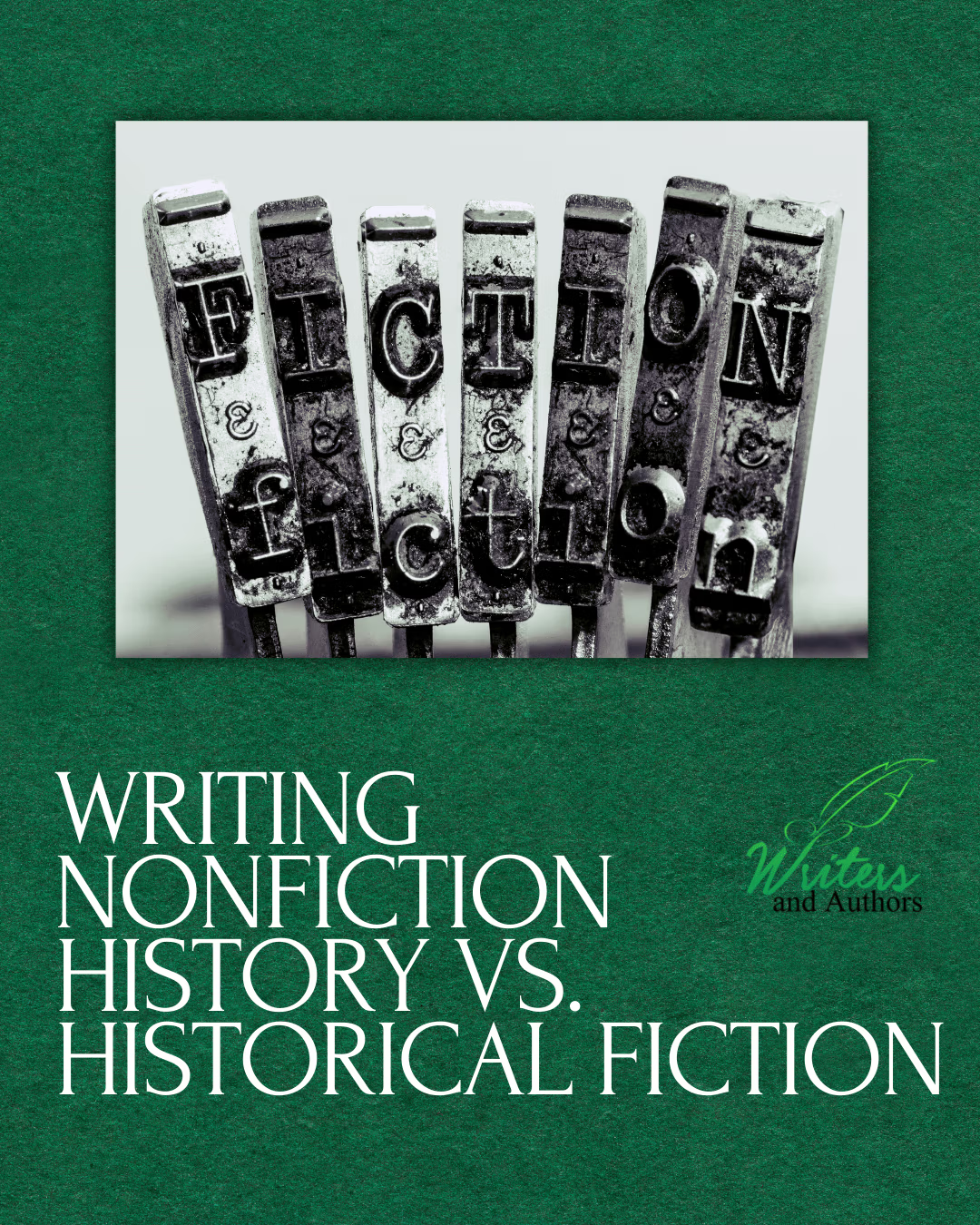Historical fiction and nonfiction history are more alike than they are different. Great history and authentic fiction are two parts of a scholarly stream looking to enlighten the past.
Nonfiction History vs. Historical Fiction
Many great fiction authors use different retelling techniques and alter genuine stories to create classic fiction. Follow this article to learn about writing nonfiction history vs. historical fiction.
1- Composed the two classes
The people have long had confidence in the worth of each branch. Having now composed the two classes. The people are persuaded they are more comparative than various. Both have plots and subplots, bends characters, and POVs that can change.
2- Single unignorable distinction
There is just a single unignorable distinction between them: One is delightful in its exactness while the other is convincing in its smoothness.
The historian’s job is to tell the stories of the past. The people may write about what they found in the sources or what they can logically deduce.
3- Occupation of history specialist
The occupation of the history specialist is to recount the accounts of the past. The people, in any case, may expound on what they found in the sources. Or what the people can consistently conclude from them. The people may not make characteristics or exchanges.
4- Referred to in a reference
Every reality or end should be referred to in a reference, and that reference should be precise. Burden the student of history who disregards, even incidentally, this prerequisite.
5- Recounts the accounts of the past
The authentic author likewise recounts the accounts of the past. The author may be allowed to make any person or minor occasion. The author wishes to assume that it improves or assists with recounting the story.
6- A single significant limitation
The author’s significant limitation is that he may not disregard natural history.
7- Historian has an easier task of setting the scene
In one manner, the historian has the more straightforward undertaking of laying everything out. The historian has to state what the cut of history will cover.
8- Novelists must use hundreds of tiny details
Then again, the author should utilize many small details to be sure his peruse is ideally located and time. Without details, the novel is from the 21st century, written in a different time which is not historical fiction.
9- Novelists shouldn’t pound the reader
On the other hand, the novel writer should not pound the reader with minor details; otherwise, it reads like a boring list of life’s detail in the past. Subtlety is required.
Conclusion
I return where I started. The people have two methods for enlightening the past: worth and interest. One history is the science with its complete construction. The other fiction is simply imaginative. The people would be devastated if we picked one.
Connect to the Writers and Authors now to get help with essential tasks or material related to your writing.






















